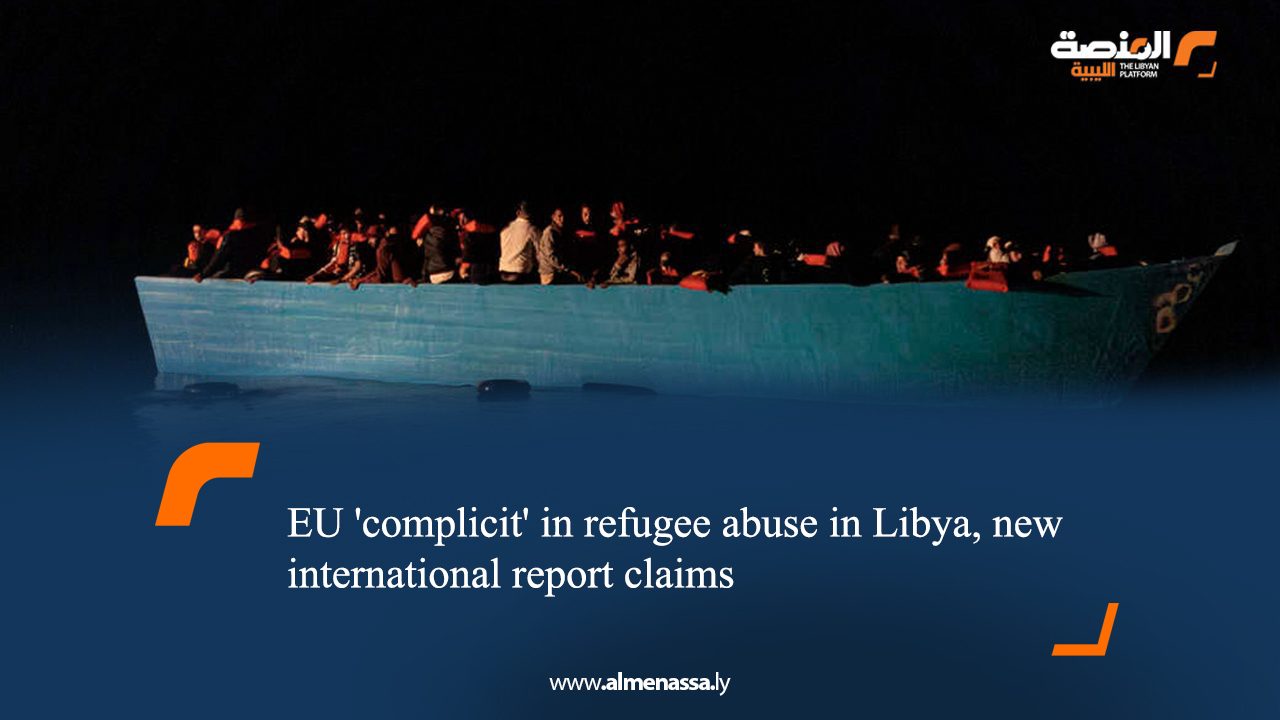A recent international report has levied accusations against the European Union, alleging “complicity” in the horrific human rights abuses suffered by refugees in Libya. The report suggests this support is manifested through policies designed to intercept and forcibly return refugees to what it labels “areas of peril and systemic violence”, with Libya being a prime example.
This stark warning emerged from a report penned by Anja Shri Kumar, who highlighted Libya’s continued struggle with deep political division and persistent violence at the hands of armed militias. This unfolds amidst a pervasive political stalemate and significant security deterioration across the nation.
Events escalated particularly sharply last May, as the assassination of Abdel Ghani al-Kikli in Tripoli ignited fierce clashes involving heavy weaponry in densely populated residential areas, resulting in the displacement of hundreds of families.
Refugees caught between violence and inhumane detention
Despite the ongoing conflict, the report asserts that refugees, especially those arriving from Sudan, represent the most marginalised and neglected group in the Libyan context. Many transition from seeking safety to becoming victims of brutal violence or forced detention in centres that utterly lack basic human standards.
The report clarifies that the European Union, rather than offering protection to those fleeing death, implements policies that forcibly return them to Libya. This is achieved through funding and training Libyan Coast Guard forces, who intercept refugee boats at sea and compel their return.
International criticism of EU policies
The report also points out that the European Union supports the principle of “return to safe third countries”, despite the emphatic assertions by reputable human rights organisations that Libya is far from safe. The EU faces criticism for its failure to provide genuine alternatives to asylum, instead offering only financial aid via United Nations agencies.
The report illuminates the dire fate of refugees returned to Libya, who are frequently thrust into detention centres marked by egregious mistreatment. Such practices include physical and sexual violence, arbitrary detention, severe overcrowding, forced labour, and in some instances, even human trafficking.
Leading human rights organisations like Amnesty International and Human Rights Watch have delivered scathing critiques of the European Union, branding its policies as “morally bankrupt”. These organisations contend that the EU’s focus on “preventing departure at any cost” comes at the expense of refugees’ fundamental dignity and rights.
Unfulfilled promises
Despite earlier European pledges to fund alternatives to detention and improve conditions for refugees in Libya, most of these initiatives have remained “at the proposal stage only”, according to the report.
International statistics reveal alarming figures: since the beginning of 2025, 743 people have perished while attempting to cross the Mediterranean to escape Libya. More disturbingly, over 90% of refugees who reached Europe in the first quarter of 2025 embarked from Libyan shores, underscoring the severe risks they confront in their desperate search for safety.


